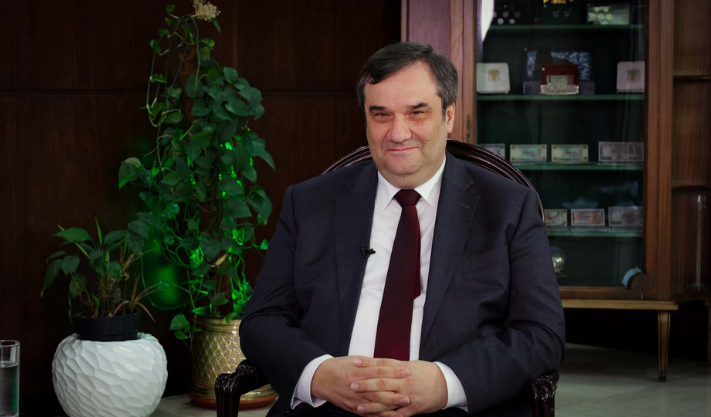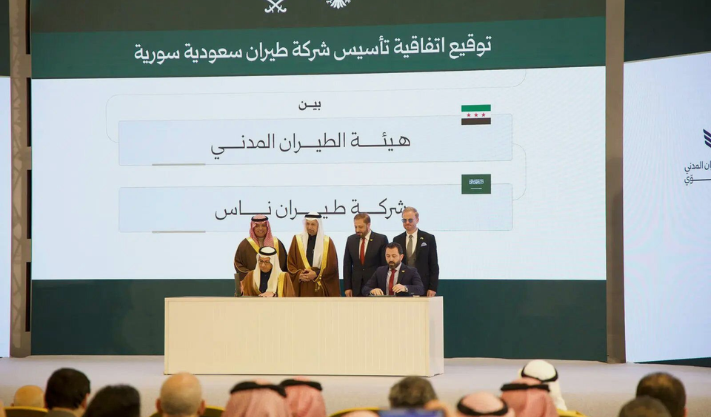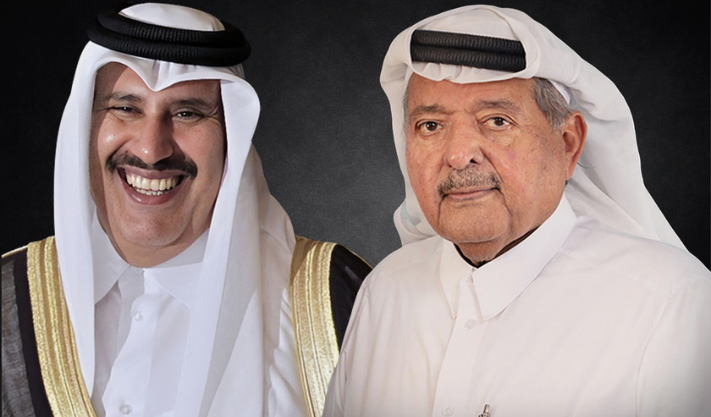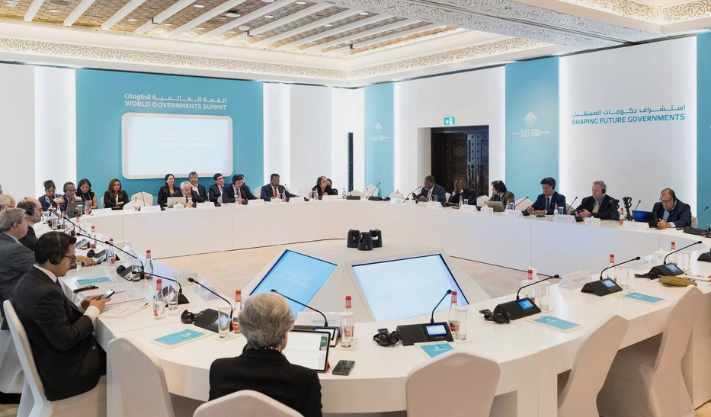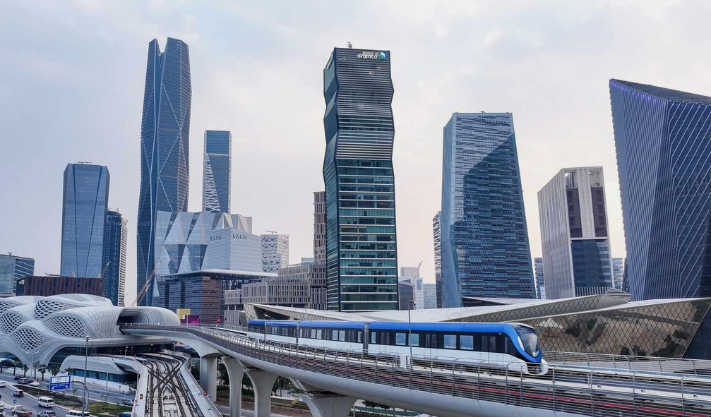Syria’s Central Bank Plans New Currency and Economic Reforms
The Governor of Syria’s Central Bank, Abdelkader Husrieh, has shared a plan to stabilize the Syrian pound and later introduce a new currency by removing two zeros from the current banknotes. The goal is to make Syria’s economy more stable, modern, and attractive to investors.
Focus on stabilizing the pound
The main priority is to keep the pound steady and control inflation. Since the new leadership came in, the pound has gained about 30–35% in value and then remained stable. This was achieved through stricter financial policies and better coordination between the government and the central bank. The bank lets the market decide exchange rates but steps in to prevent speculation and unfair pricing.
Redenomination (removing two zeros)
The plan to remove two zeros is not just symbolic. It will cut printing costs, make payments simpler, and allow larger banknotes so people don’t need to carry huge bundles of cash. Experts are working to ensure the process avoids past mistakes. The rollout could happen in the coming months, but details will only be shared once everything is ready.
New banknotes
The redesigned notes will avoid controversial images and focus on a unifying national identity. A public awareness campaign will explain the changes and protect consumers from confusion or fraud.
Costs and printing
The final cost of printing the new currency depends on the security features and quality of materials used. Overall, costs will fall because fewer notes will be needed. Printing contracts will be transparent and open to trusted international companies.
Market discipline
The central bank wants to limit speculation by making the market more transparent. It plans to ensure foreign trade goes through banks, while personal needs are handled by licensed money exchangers, reducing unfair practices.
Fighting inflation
Stopping deficit financing (printing money to cover government spending) has already eased inflation. New notes and wider use of digital payments will make interest rates a stronger tool to control money supply and prices.
Rebuilding reserves and regional role
As Syria reconnects with global financial systems, its foreign reserves are expected to grow for the first time in years. The central bank hopes Syria can one day serve as a financial hub for Lebanon, Jordan, and the Gulf.
Digital banking and fintech
A digital payments strategy is being developed. The bank plans to modernize its systems, license fintech firms, improve anti-money laundering measures, and possibly allow new banks with advanced payment tools to reduce cash use.
Legal and institutional reforms
New laws will support savers and businesses. These include deposit insurance to protect savings, a credit bureau to widen access to loans, and updated rules for banks and foreign exchange. Reforms will also encourage mortgages, debt markets, and stronger consumer protections.
Gradual change
The shift will take time, requiring careful policies, stronger institutions, and public support. Domestic investment will be key to attracting foreign money. Financing options will cover everything from small businesses to large projects.
Outlook
Husrieh admitted challenges remain but said the right policies, strong institutions, and public trust could turn the Syrian pound into a symbol of recovery. The ultimate goal is for the new currency, digital payments, and reforms to mark the beginning of Syria’s economic rebound.
Published: 5th September 2025
For more article like this please follow our social media Twitter, Linkedin & Instagram
Also Read:
Non-Oil Business Activity Grows in Saudi, UAE in August
ADNOC Starts Drilling at EOG’s Shale Project in UAE: Report
Mubadala’s Corient buys Stonehage, Stanhope, adds $214B
